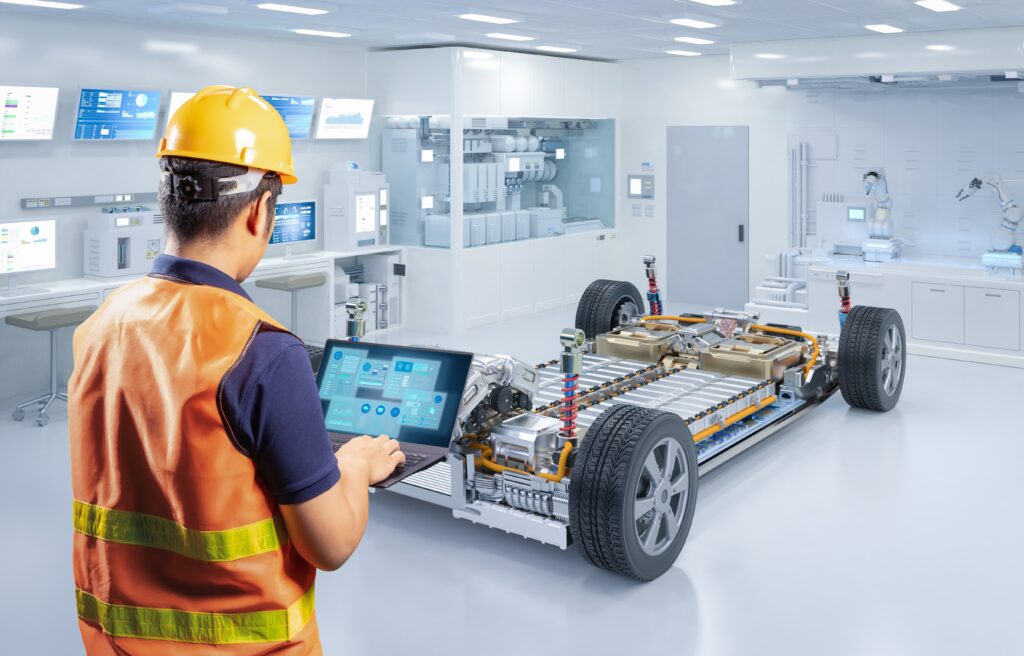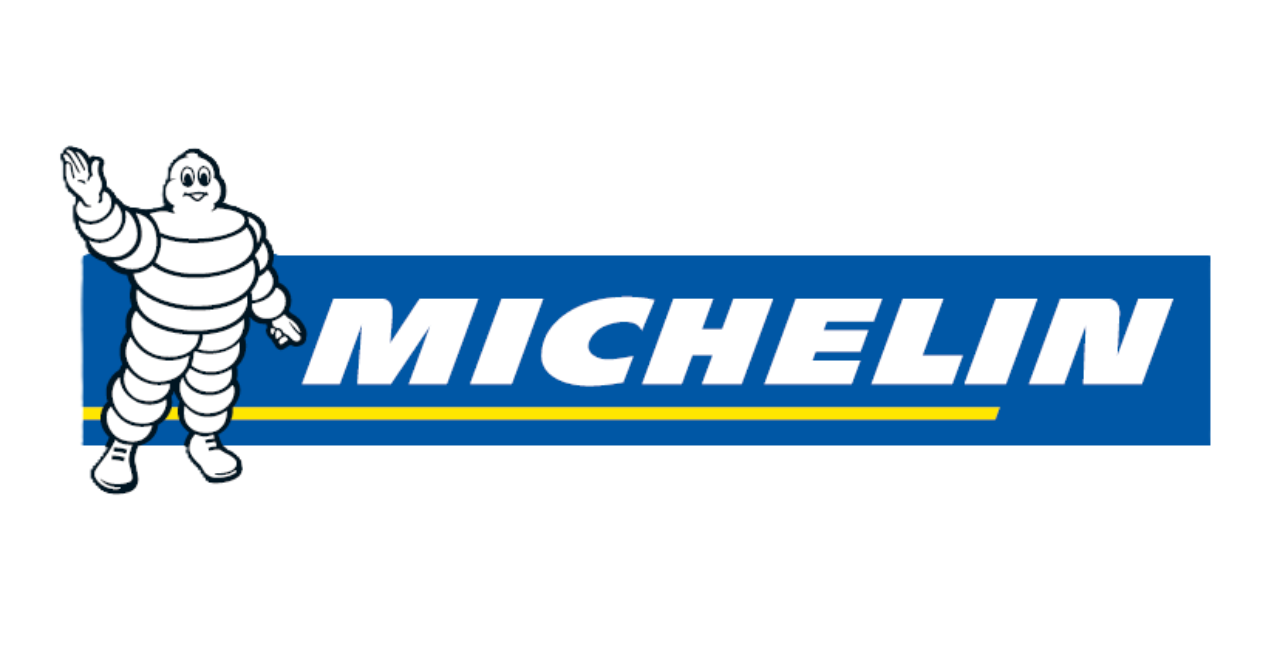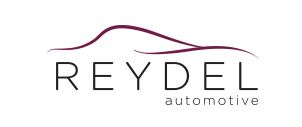Sectoral expertise
Automobile
Increased global competition since the arrival of the electric car, growing on-board technology, shorter development cycles, unbridled differentiation, a shift from a goods offering to a service offering – the automotive sector is continuing its accelerated transformation.

The challenges facing the sector
Innovation to stand out
- Mass differentiation, the ability to offer made-to-measure products based on a standard product.
- As a corollary to the previous point, made-to-order production is becoming more widespread.
- Technological breakthroughs in engine technology: electric and hybrid vehicles
- Increasingly strong alliances between manufacturers and major Hi-Tech players (driving assistance, autonomous vehicles, integration with smartphones, real-time navigation, etc.).
- Connected after-sales service and enhanced customer experience
Pressure on costs, environmental impact and design to cost
- Environmental requirements, stricter standards
- Increasing the lifespan and taking into consideration the recycling of components and materials
- Mutualisation of components and platforms, modular design
- Automation of production, mechanisation of internal logistics
- Strong R&D investment needed to stay in the race, coupled with knowledge transfer to suppliers
Responsiveness, traceability and just-in-time delivery
- Shared, cross-functional vision of the supply chain, from customers to suppliers
- Growing importance of supplier management, automated information exchange, deadline requirements driven by delay penalties, etc.
- Highly variable demand in terms of volume and product mix, requiring greater industrial flexibility to remain agile and therefore reactive
- Small production runs: manufacture to order and shorter life cycles, product switch management, ramp-up, ramp-down, etc.
- Increasingly strict quality, safety and traceability triptychs
Exacerbated competition
- The arrival of new entrants has been facilitated since the democratisation of the electric vehicle: new brands, increased competition from Asian countries with pressure on prices and the ability to offer innovative products.
- Mergers of manufacturers and equipment suppliers to achieve critical mass and smooth out risks by geographical area/market.
- Economies of scale through standardisation of practices
- Sometimes distant sourcing, involving ever greater risks
- Global organisations that are fragmented and complex to manage
Your challenges
and our solutions
Strengthening collaboration
Harmonise and accelerate exchanges with your customers, plants and suppliers:
- Implement differentiated service policy promises adapted to the market
- Synchronise programmes and sites around the extended S&OP loop (capacity management under constraint, master production and distribution plans, etc.).
- Standardise planning practices and facilitate visibility between principals and subcontractors thanks to Demand Driven MRP – DDMRP
- Adopt shared supply management (VMI)
Products and service innovation
Accelerate the transformation of businesses and the introduction of new products and services as a competitive advantage:
- Industry and Supply Chain 4.0: flexible and connected factory, augmented reality, M2M, big data, 3D printing, etc.
- Develop eco-design of products, increase their lifespan, considering the carbon footprint, including scope 3.
- Enable Product Lifecycle Management (PLM), differentiated forecast management, launch/end-of-life management and product switches through the S&OP process
- Enable multi-channel management for B2B and B2C deliveries, considering new e-commerce sales practices
Organisational Agility
Adapt to the variability and uncertainty of customer demand:
Adapt flow management and stock policies to target service levels (pull/push flows, decoupling point, delayed differentiation, etc.) by optimising stocks and costs.
Improve the responsiveness and flexibility of industrial resources and continue to deploy the principles of Lean Manufacturing through the performance of industrial operations and flows.
Prepare for and support change, and help manage transformation strategies
Optimise planning via tools, data processing and the use of Artificial Intelligence
Managing costs
Control costs with an overall vision and TCO – Total Cost of Ownership – including development, production, ownership and maintenance costs, the carbon footprint, component purchase prices, etc.:
- Optimise stocks, transport and quality of service thanks to the Logistics and Industrial Network Design Plan
- Enable the mechanisation of warehouses, internal logistics and the WMS (Warehouse Management System)
- Work on optimising the product line to make it more profitable, in particular using cost analysis tools
- Manage and optimise inbound, inter-coastal and outbound transport via the organisation and dedicated tools (TMS: Transport Management System)
Among our
references

DDMRP

Operational Excellence

Operational Excellence S&OP

Logistics network design

Purchasing and maintenance cost optimisation

DDAE - Demand Driven
Use Case

Support in choosing and implementing a WMS and APS
Our intervention
- Support in leading the consultation process through to final negotiation
- Assistance in implementing solutions
The results
Selection and implementation of the WMS (ASIS) and APS (AZAP).

A Project ? Contact us
Automotive Manager
Deputy Managing Director of the firm and a specialist in Supply Chain operations and Lean Management in the automotive industry sectors, Antoine has led projects for Doyen Auto, Autodistribution, Mobivia and Faurecia after holding Supply Chain management positions in the automotive industry with an equipment supplier and a car manufacturer.